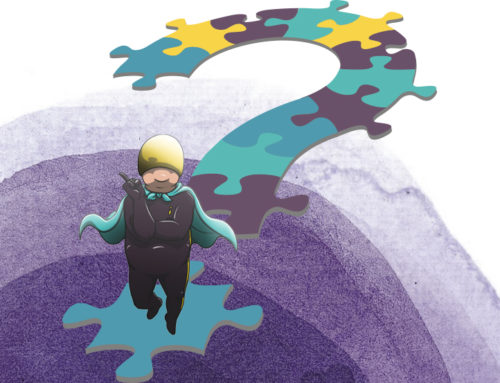The one thing that binds the ideals of Brexit and Trump supporters is an idillic view of the past and how things used to be. Their methods of returning to that bygone era is to build a wall or close borders to those they blame for taking away the ‘good times of the past’. But did anyone, or even any country take away all those jobs and ideals or was it simply technological advancement?
We know empirically that toddlers have accidentally shot and killed more people in the USA in 2016 than Islamic terrorists yet they were front and centre of the Trump campaign. We know empirically that European workers have added substantially more to the UK economy than they’ve consumed, yet the yarning for a more idyllic time still prevails and we want someone, something to blame for our perceived poorer state of today. We’ve never been healthier, more informed or had higher earning potential according to the Institute of Fiscal Studies. While wealth distribution is more uneven than it was 10 years ago, you don’t vote in a billionaire as President and expect him to redistribute the wealth. So what do we want him to fix? What do we want Brexit to solve?
At the most basic level we want our old ways back. We want back to a time when we could make stuff we could be proud of. The problem with this desire as I see it, is not China or Muslims. They didn’t take away the car jobs, automation did. Automation is taking away almost every manual job imaginable with many creative and managerial jobs next in the firing line as Artificial Intelligence makes it presence felt. While new jobs have flourished in the USA they’re not the high paid, high quality jobs of the past. Sadly however, not matter what the politician promises, these jobs are not coming back.
Foreign nationals living in the UK didn’t break our NHS, Diabetes and an increasing older population did. The concept of having a Matron in charge of a legion of nurses isn’t going to come back no matter how much Brexit supporters want it. Why? Because on my wrist is a device that monitors my heart rate and skin temperature 24/7 and records it to the cloud. On my phone I can press a button and get a good holistic review of my metaphysical outlook without even talking to a GP. Within 8 hours I can get a webcam interview with a GP. She can look at my stats in realtime and have blood and urine results within 12 hours. I can be largely seen to and discharged from hospital within hours where once it took days. This is principally because of technology. The Matron isn’t needed they way she once was.
The NHS is only going to get better, unless that is you work for the NHS. For remote healthcare, more effective drug treatments, preventive medicine, remote monitoring, rapid predictive diagnosis and early intervention means we need less hospitals, not more. The same is true of many government and commercial services we take for granted today. This is a truth, a truth the majority of British and US citizens don’t like.
Digital transformation is happening faster than the majority of people would like. The result is a backlash against change. What will happen when the promises of Brexit and Trump can’t be realised is anyone’s guess. What is much more certain is that the pace of change will quicken. The question we all must ask is what are we as individuals going to do to prepare for it? Digitising existing products or services isn’t good enough. They question needs to be how do we digitally transform our organisations, remain relevant and even be at the forefront of change?


